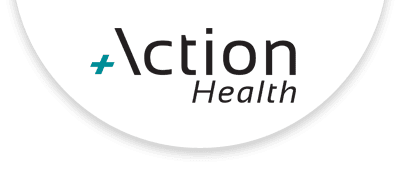Common Symptoms of A concussion include
- Headache
- Head pressure
- Dizziness
- Lightheadedness
- Nausea/vomiting
- Balance problems
- Sensitivity to light
- Sensitivity to noise
- Feeling slowed down
- Feeling in a fog
- Not feeling “right”
- Difficulty concentrating
- Fatigue/drowsiness
- Difficulty sleeping
- Excessive sleeping
- Memory problems
- Sadness
- Anxiety
- Feeling more emotional than usual
Concussion Assessment & Management IN Calgary
A doctor might tell you a concussion is defined as a complex pathophysiological process affecting the brain induced by traumatic forces. What does this mean? Put more simply, a concussion changes the way our brain functions, causing it to work less optimally.
Many of us think a concussion can only be caused by direct contact to the head. However, a concussion can result from a direct blow to the head, face, neck, or elsewhere on the body with an impulsive force that travels up to the head.
A concussion is a type of traumatic brain injury that requires assessment by a healthcare professional trained in concussion care.

Properly Managing a Concussion
Concussions, like any other injury, need to be correctly managed and rehabilitated. Having a health professional guide you through this recovery step by step can be invaluable.
Our team expertise includes Shift Concussion Training to ensure you receive individualized care. We understand that each patient can be affected differently by a concussion and work with you towards a full recovery.
Consider seeking help from a professional trained in Concussion Management in these circumstances:
- If symptoms persist despite early rest (48-72 hours)
- Presence of ongoing neck pain or stiffness
- Ongoing complaints of dizziness
- Visual complaints such as eye pain, train, or blurry vision
- Further guidance needed if having difficulty returning to work or school
Baseline Testing for Concussion
Baseline testing is a series of tests to measure healthy brain function before an injury occurs. In the event of a concussion, the baseline test results are used to help your recovery and assist your health care provider in guiding you through a safe return to work or sports activities.
When properly used and interpreted, a concussion baseline test can add useful information to the management of concussions by giving healthcare practitioners insight into an athlete’s individualized pre-injury function and abilities.
Who should get a baseline concussion test?
Anyone competing in sports and activities or working in jobs or professions where there is a higher risk of suffering a concussion should consider getting a baseline test.
Then, if a concussion ever occurs, book an appointment at the same facility where you had your baseline test done to have an assessment done. This way, you’ll know your healthcare professional has both the expertise and the information needed to help you recover from your concussion.
Copyright Action Health 2021

